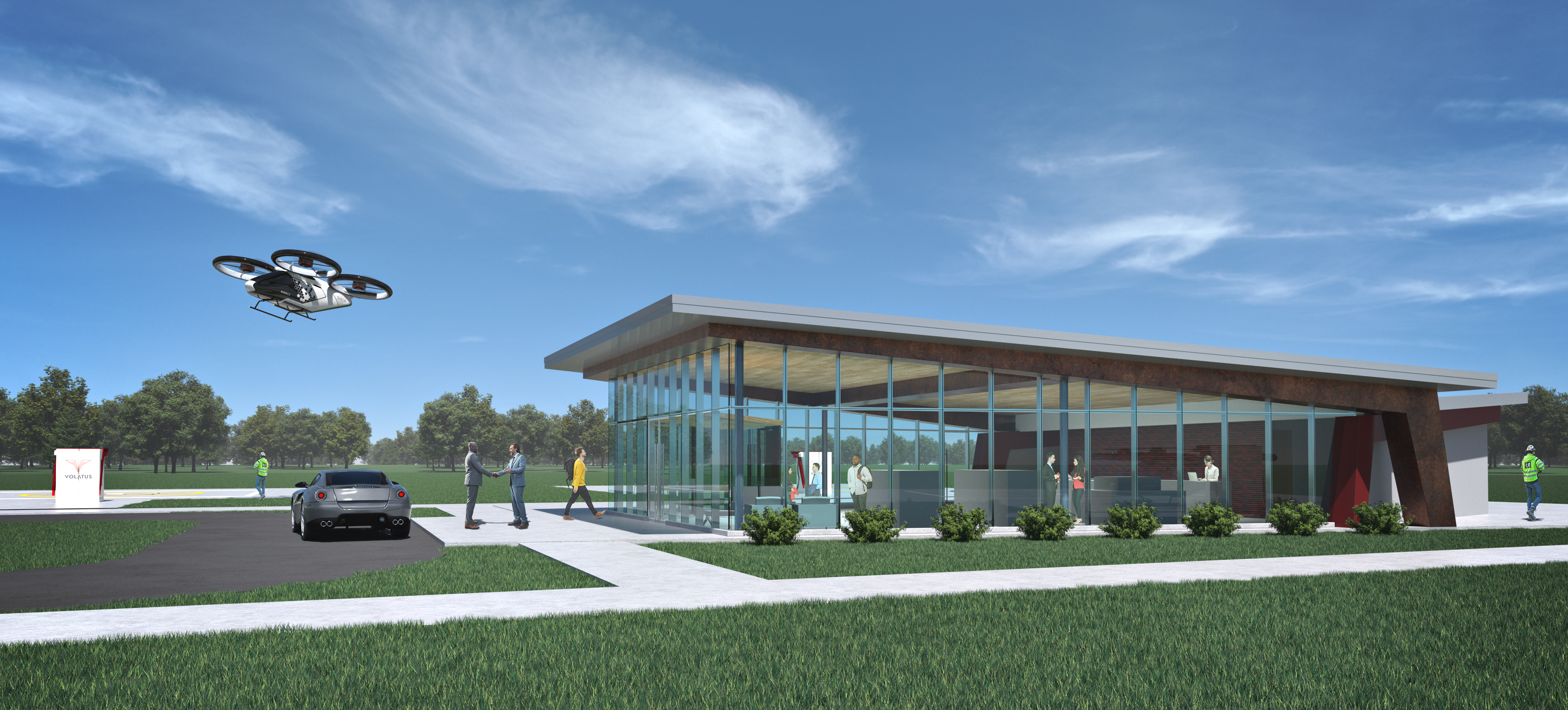
Volatus says its modular vertiports can be quickly assembled on-site in a matter of days.
Credit: Volatus
Volatus Infrastructure has announced plans to build a new vertiport at Bellefonte Airport in Central Pennsylvania, located just 10 mi. from Penn State University, part of the company’s plan to build out a network of facilities to accommodate the anticipated arrival of electric vertical takeoff and...
Subscription Required
This content requires a subscription to one of the Aviation Week Intelligence Network (AWIN) bundles.
Schedule a demo today to find out how you can access this content and similar content related to your area of the global aviation industry.
Already an AWIN subscriber? Login
Did you know? Aviation Week has won top honors multiple times in the Jesse H. Neal National Business Journalism Awards, the business-to-business media equivalent of the Pulitzer Prizes.
